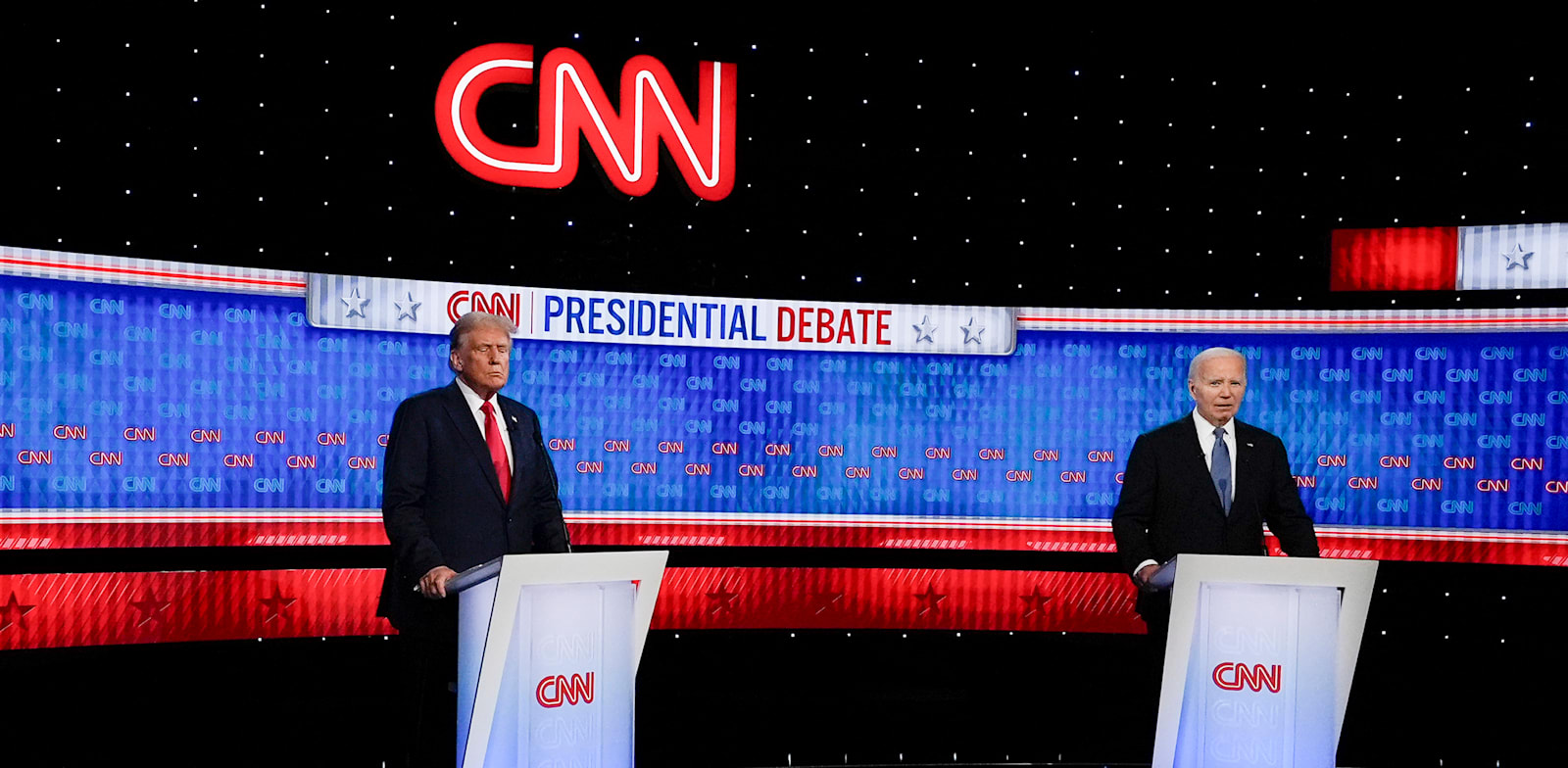Mega-events such as the European Football Championship in Germany and the Olympic Games in Paris are not only significant for sports but also for politics. These events involve billions of dollars and therefore, politics is inherently intertwined with them. As a journalist, I will analyze five key principles of economics that come into play when hosting mega-events.
The first principle highlights the issue of lack of knowledge leading to increased costs. Host cities often underestimate the costs involved in hosting such events due to their limited knowledge of the complexities and requirements. This can result in large deficits and financial burdens on the host country.
The second principle focuses on understanding the advantages and disadvantages of hosting mega-events. While supporters highlight positive effects like improved national image and economic boosts to local industries, there are also negative externalities like noise and inconvenience for residents and businesses. Balancing these factors is crucial for effective decision-making.
The third principle emphasizes the lack of lobbying power for taxpayers in the decision-making process surrounding mega-events. Winners of government measures tend to represent a smaller group than the total number of taxpayers, resulting in inefficiently high public spending on hosting such events. Direct democratic mechanisms can help address these issues and provide better oversight.
The fourth principle focuses on the costs associated with one-time events that require new infrastructure. The Olympic Games are a prime example of such events that can lead to budget overruns and financial strains on host countries. It is economically more viable to leverage existing infrastructure and host recurring events to benefit from economies of scale over time.
Lastly, the principle of checking alternatives encourages a critical assessment of whether public funds allocated to mega-events could be better utilized elsewhere. This principle underscores the opportunity costs associated with hosting such events and raises important questions about the overall economic impact and benefits of mega-events.
In conclusion, while mega-events like the European Football Championship and the Olympic Games may be politically appealing, they raise important economic considerations that need to be carefully evaluated to ensure financial sustainability and long-term benefits for host countries.


